Films, and film personalities, from Hong Kong and Macao shine bright at the 30th Busan International Film Festival. Mathew Scott reports.
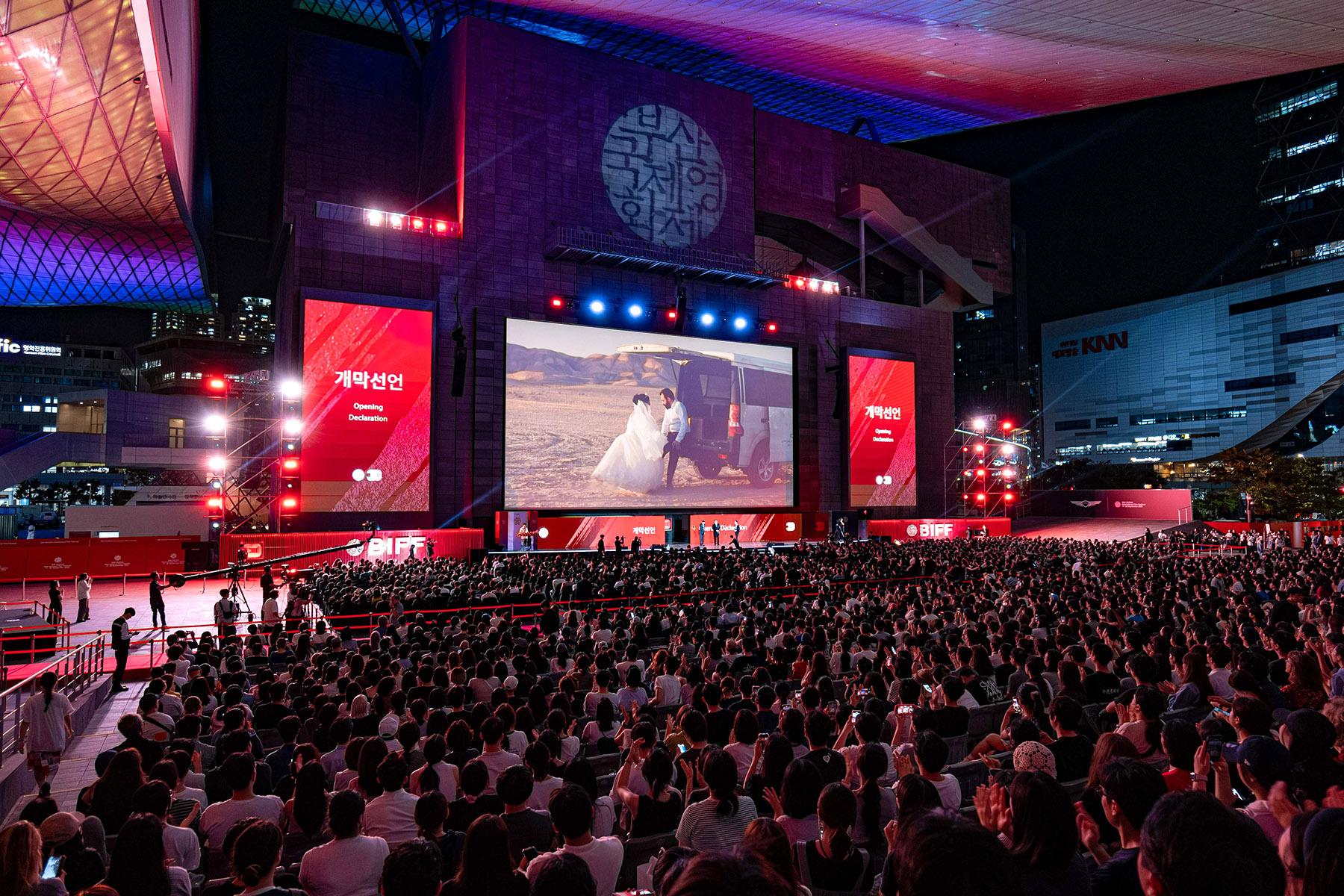
Tony Leung Ka-fai is a past master when it comes to stealing the spotlight, but even by the veteran filmmaker’s well-established standards, the words he shared at the opening of the 30th Busan International Film Festival (BIFF) came with a degree of surprise.
Coming into Asia’s largest cinema event, one heard whispers swirling around the struggling state of the film industry across Asia.
READ MORE: Montage of Chinese films shines at Busan
Enter the Hong Kong star of such classics as Cold War (2012). Leung — who is on the jury of the Busan Awards 2025 — BIFF’s first-ever competition section for Asian cinema — was asked to share his thoughts on the general state of play in cinema. Away went “Big Tony” — as Leung is fondly referred to in Hong Kong — dropping his starry persona to reveal an industry veteran, deeply concerned with the future of cinema, or, in his words, “the most important form of consciousness in the world”.
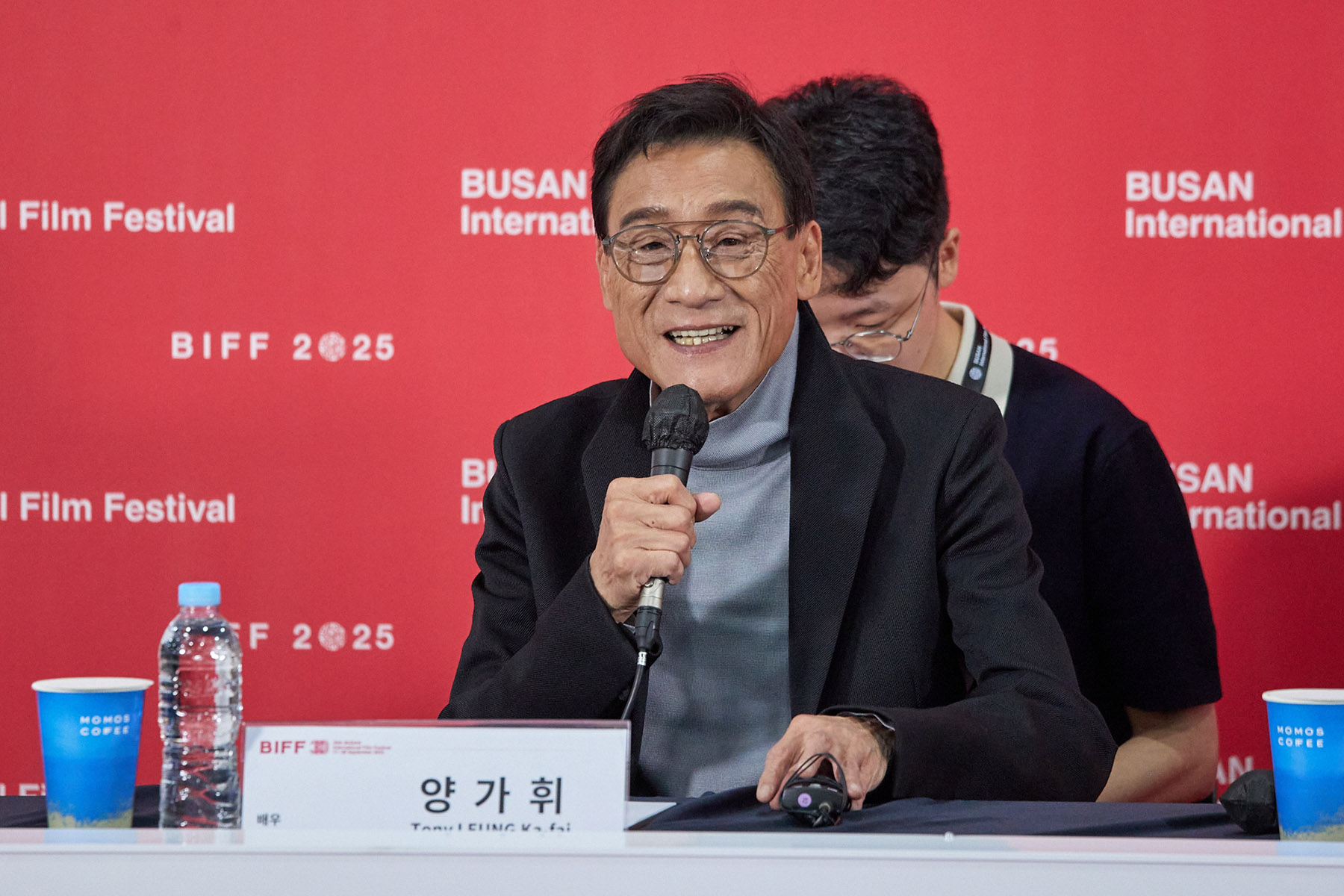
“The main goal for filmmakers is for our films to be seen by audiences all over the world, in theaters. It is especially important now as we live in a rapidly developing era, and many filmmakers are struggling,” says Leung. “Watching a movie in a theater is a completely different experience from watching digital films or on computers, and I think it is an experience that everyone should have. As an actor, I have a strong desire for audiences to come to the theaters; as a jury member, my responsibility is to find the best films and get audiences to come watch them.”
A look across BIFF’s extensive program this year would suggest that organizers were certainly fulfilling that part of the bargain.
Over 10 days, from Sept 17 through today, there have been 328 films on show on 31 screens around town, including the 14 in the running for BIFF’s first-ever awards for Best Film, Best Director, and two in the Best Actor category.
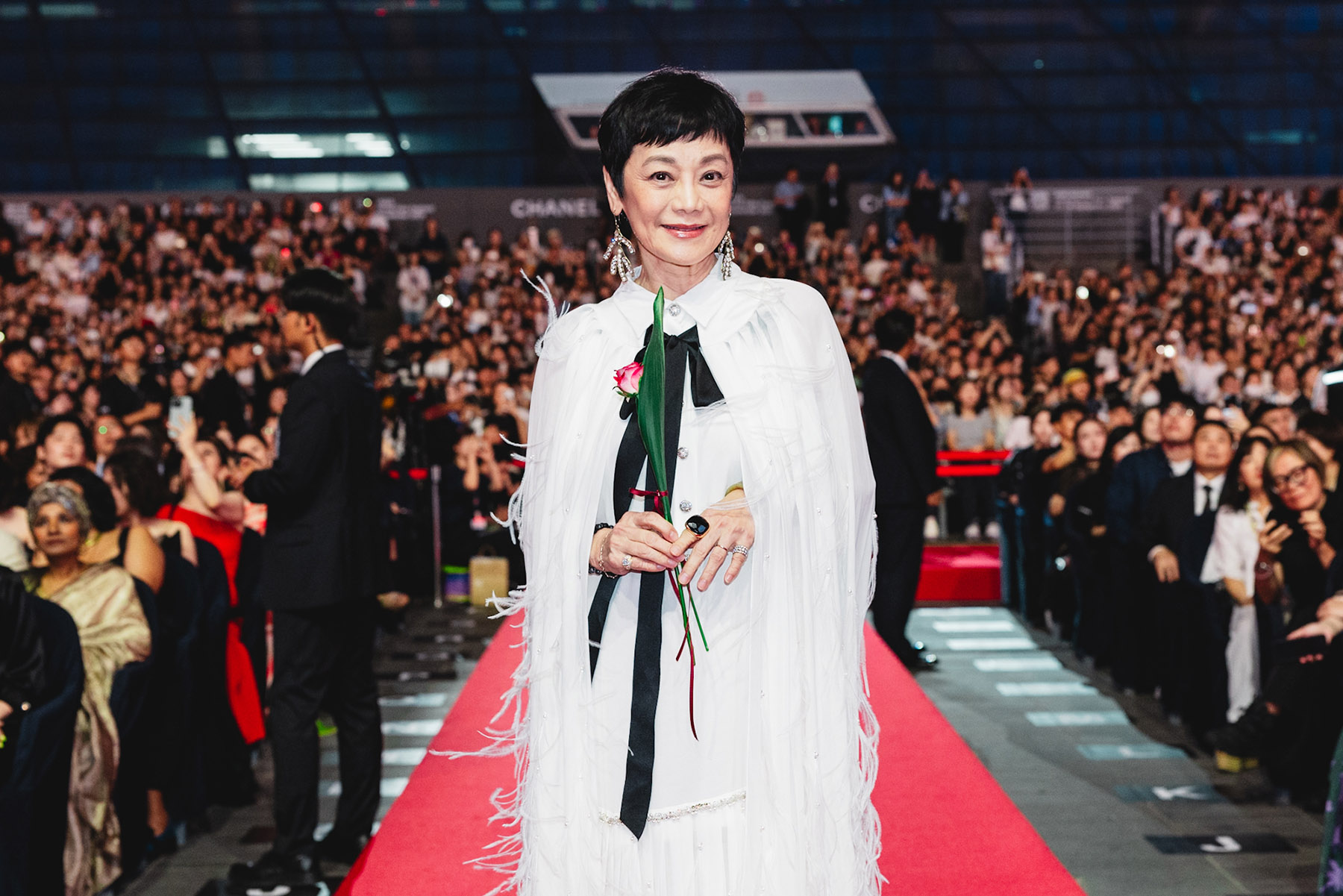
Spotlight on Hong Kong
While Hong Kong films do not figure in the main competition, there is still a heavy presence from the city across the festival. One could feel a buzz building around the annual Hong Kong Night. Held on Sept 19, the event is driven by the likes of the Asian Film Awards Academy, the Cultural and Creative Industries Development Agency, and the Hong Kong Film Development Council (HKFDC). Its purpose is to celebrate Hong Kong cinema, and draw attention to the government efforts to bolster a domestic industry seemingly plagued by falling production numbers, and cinemas shutting down.
Star power was evident in the shape of pan-Asian screen idols Shu Qi, Chang Chen, and Angelica Lee, as well as Japanese director Yoshiyuki Okuyama. But the night was stolen by Sylvia Chang, a veteran of Hong Kong cinema and in town to pick up BIFF’s Camellia Award, in recognition of her “contributions as a female filmmaker to Asian cinema”. Her latest film, the sci-fi fantasy-romance Measure in Love, made its world premiere at the event.
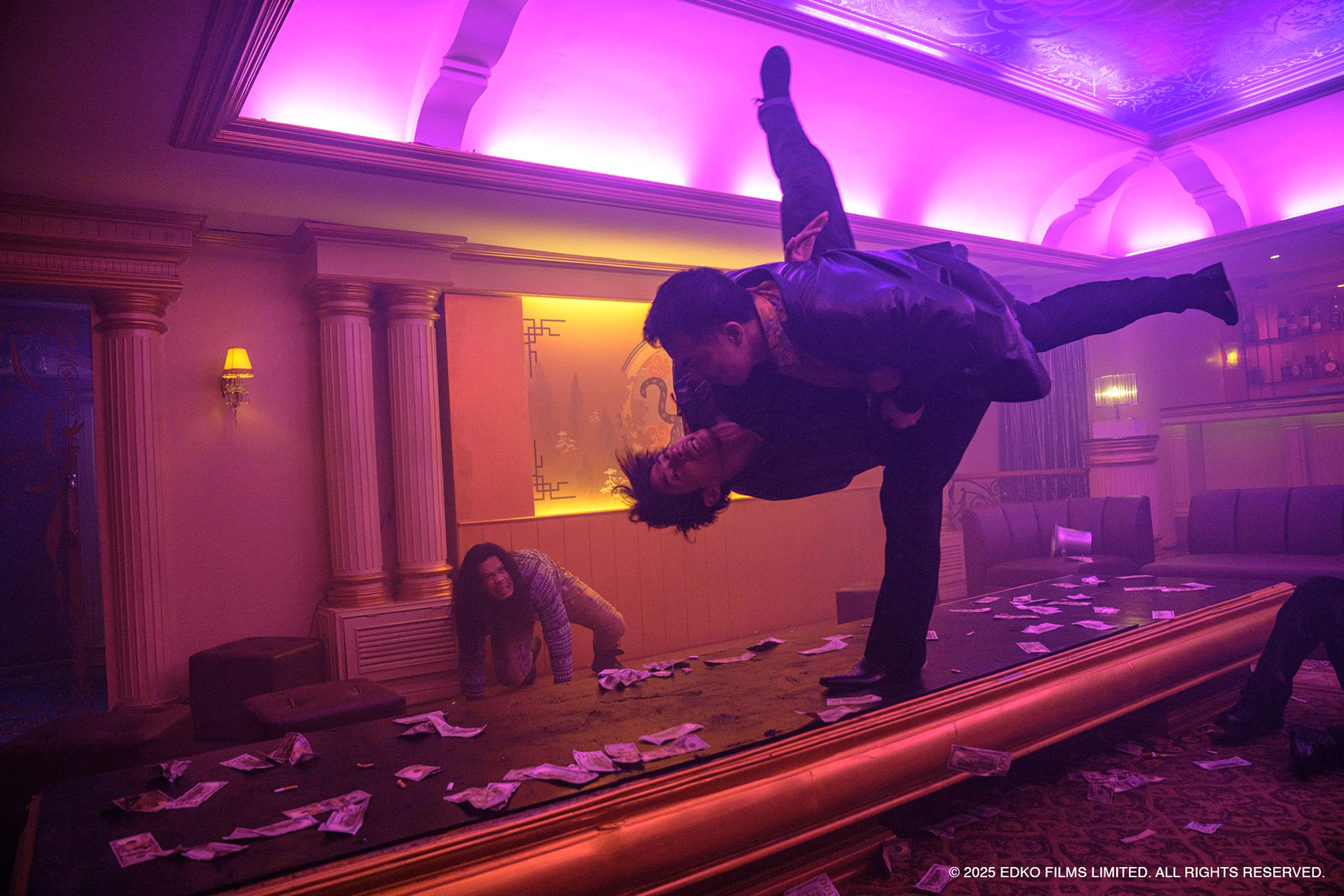
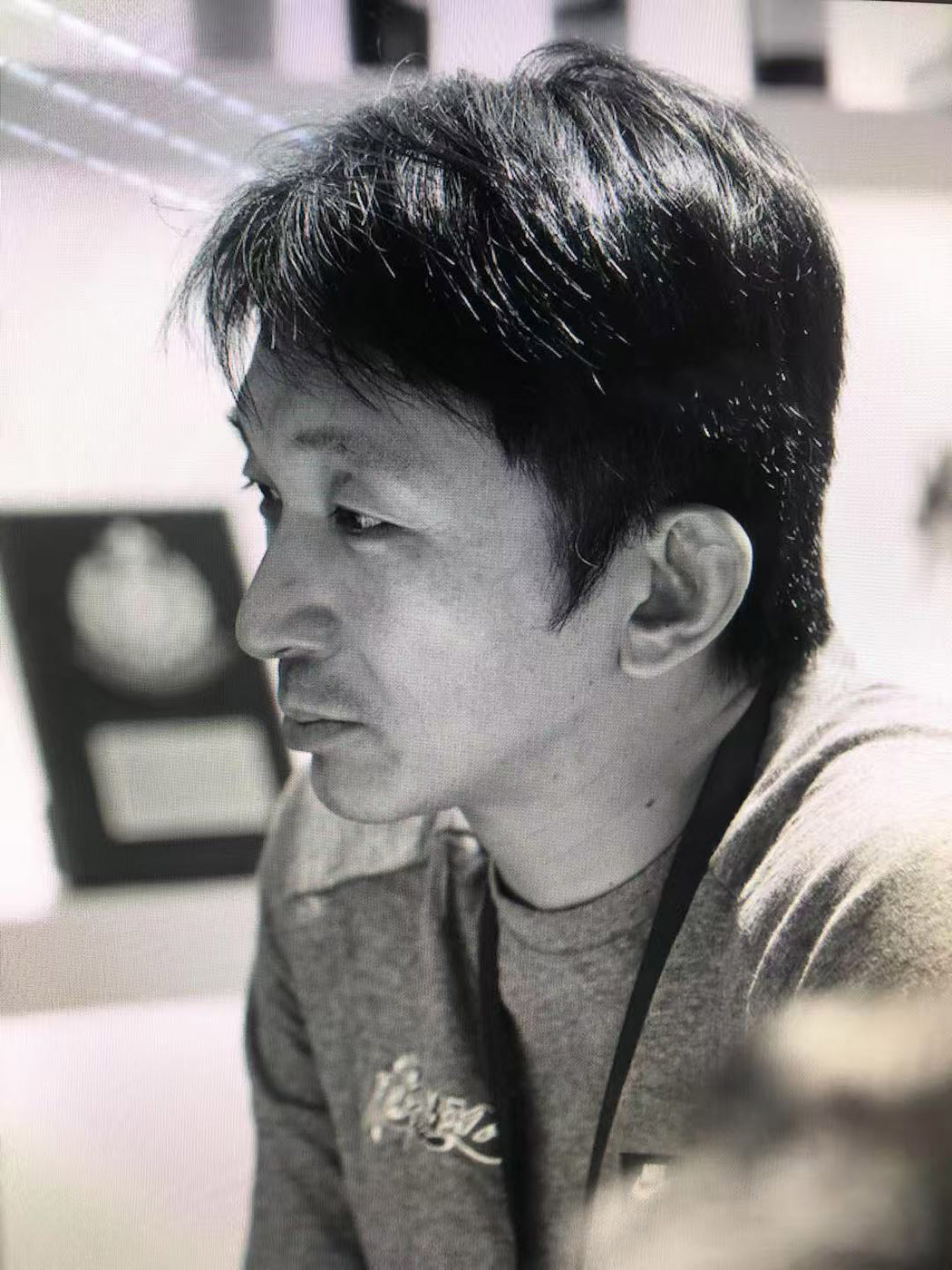
The film marks the debut of Hong Kong director Kung Siu-ping. It is a whimsical love story that “transcends time and defies gravity” and was supported by the HKFDC’s Directors’ Succession Scheme, a program Chang tipped her hat to in her speech, saying, “What makes this film most rewarding is the opportunity to work with young directors, learning how to better allocate resources and to explore what’s possible beyond the filming itself.”
There was a buzz around Measure in Love, thanks in no small part to the fact that it stars heartthrobs Hsu Kuang-han and Angela Yuen. Tony Leung Chiu-wai’s appearance to support the Ildikó Enyedi-helmed Silent Friend saw the flashbulbs popping. But new talents from Hong Kong and those supported by the city’s industry were also being talked about, all festival long.
Fans of hard-core actioners — heavy on often brilliant action set pieces and light on plot or character development — applauded every blow thrown and landed in Japanese action choreographer-turned-director Kenji Tanigaki’s wild tribute to Hong Kong action cinema, The Furious. In it, a father (Wang Wei) trying to rescue his daughter from gangsters, and his journalist friend (Joe Taslim), who is trying to find his wife, join forces to take on the bad guys.
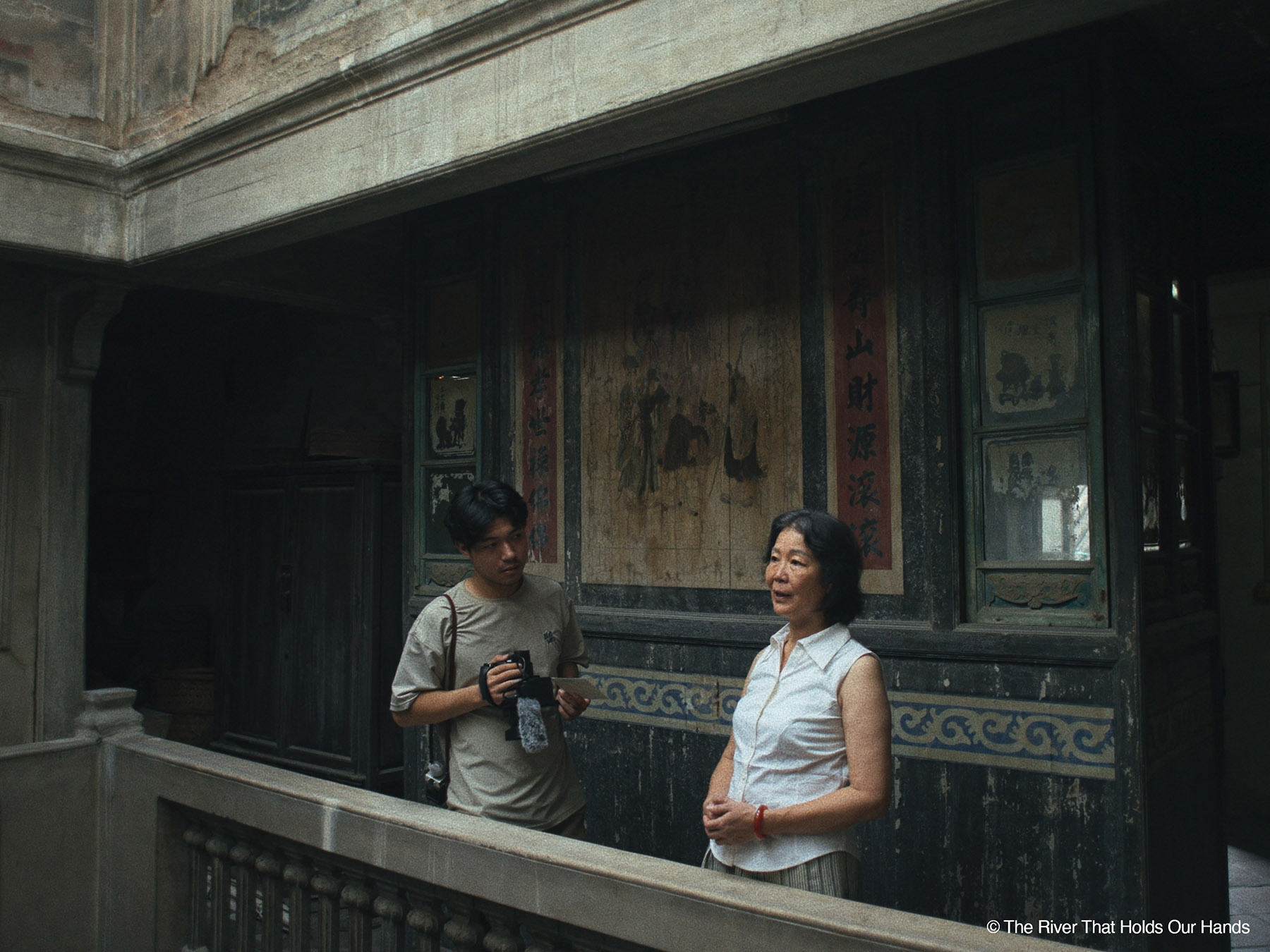
Style and substance
The Hong Kong films in BIFF 2025 are diverse. The Furious, the Jackie Chan vehicle The Shadow’s Edge, and an old favorite in Johnnie To’s Election (2005) represent the purely commercial side of the equation, while a number of emerging talents explore where cinema can lead us, in terms of style and substance.
A prime example of the second category is first-timer Chen Jianhang’s The River That Holds Our Hands, a languid reflection of the power of memories, longing, and the immigrant experience. The film is based on the true story of a Teochew woman. Born in 1950 in Vietnam, she is taken prisoner during a visit to war-ravaged Cambodia, finds her way into the Chinese mainland during the “cultural revolution” (1966-76) and eventually washes up in Hong Kong. The film is produced with help from the Eye Catcher Global funding initiative in Hong Kong, and continues the director’s mission to explore his own ethnic community.
“For me, making this film was not a choice,” says Chen. “It was very intuitive. When I heard the woman’s story, I reached out and we chatted online for about a year. We met in Hong Kong, and she told me more stories and showed me black-and-white pictures of the family in Vietnam from the ’50s. It was very touching. She was getting older and wanted to explore her own history, which is something I think everyone can connect with.”

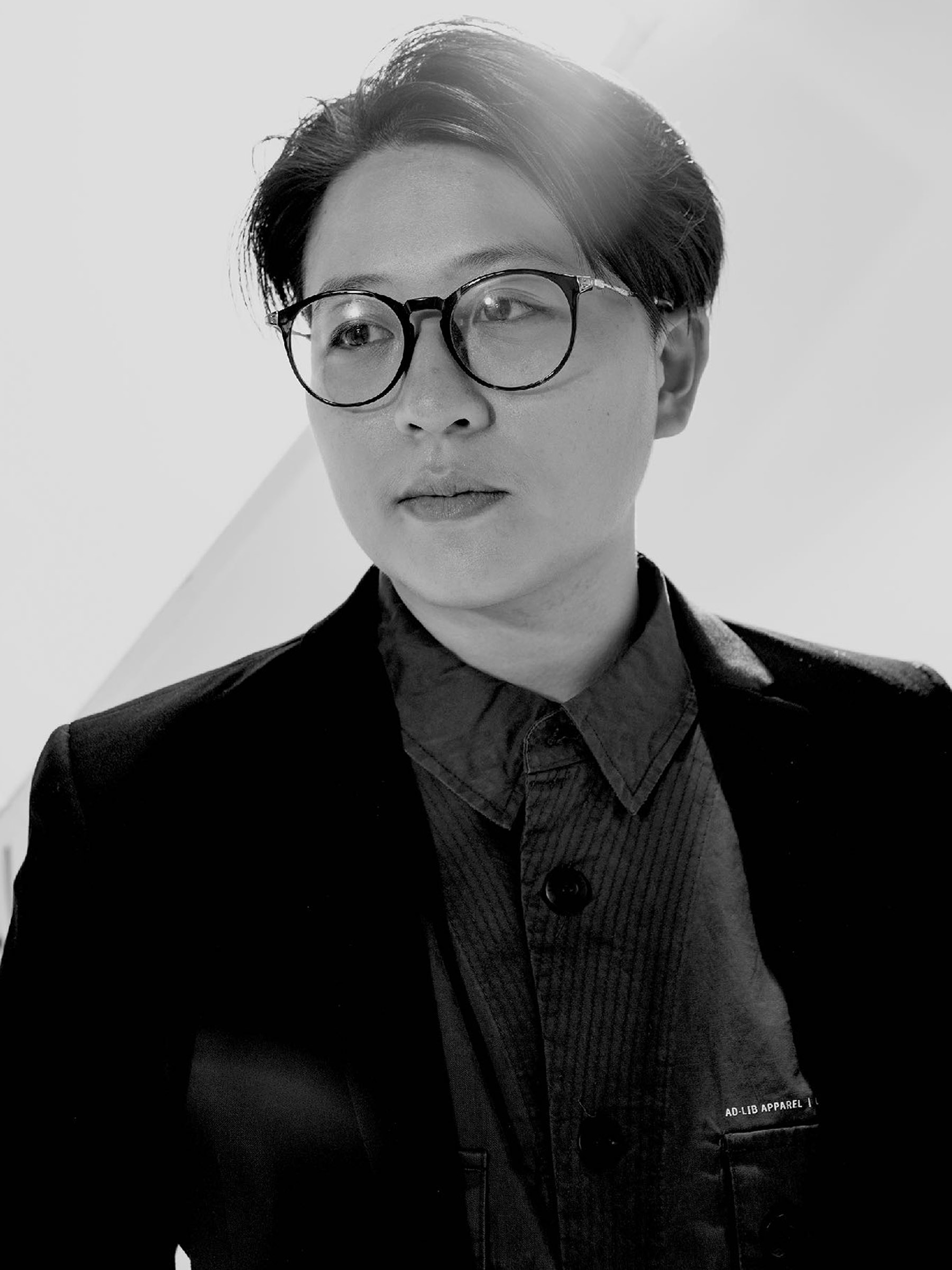
The project started as a documentary, but along the way, Chen felt there was scope for expanding the story beyond that of just one person. Hence the film follows a filmmaker trying to trace the woman’s past, and also dwells on the time the pair spends together sharing stories. Chen focuses on how sounds, and even touch, can trigger memories and feelings, and it’s a film that lingers long after its final frame. “I want the audience to feel the same way as the characters,” Chen says.
Critics warmed up to Macao filmmaker Tracy Choi’s fourth feature, Girlfriends. It not only leads viewers to life away from Macao’s gaming floors and into the heart of that city, but also gives voice to its nonbinary community.
ALSO READ: Hong Kong at BIFF
Choi points out that Macao’s film industry comprises a small but passionate community. “Much of the support comes from the government’s cultural funds, which are vital for independent filmmakers like us to get our stories off the ground. It’s still a growing scene, and we all try to support each other,” she says.
“Being selected for BIFF is an incredible honor,” she adds. “To be able to share a story so personal to us with such a prestigious and international audience is truly a dream come true.”


